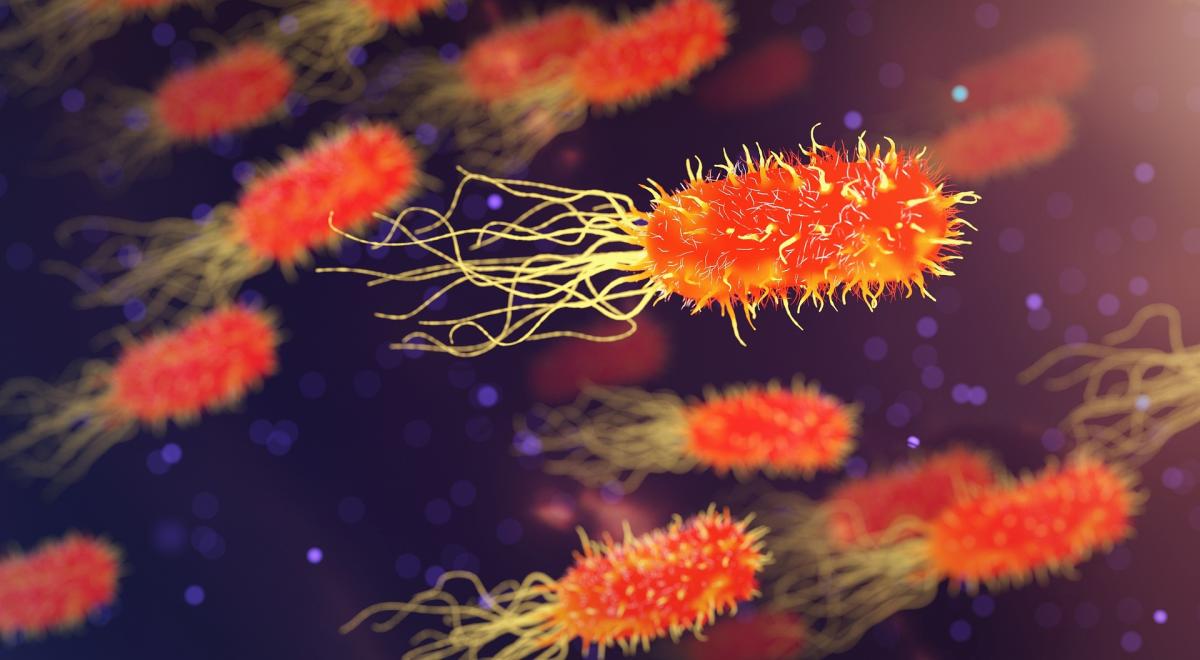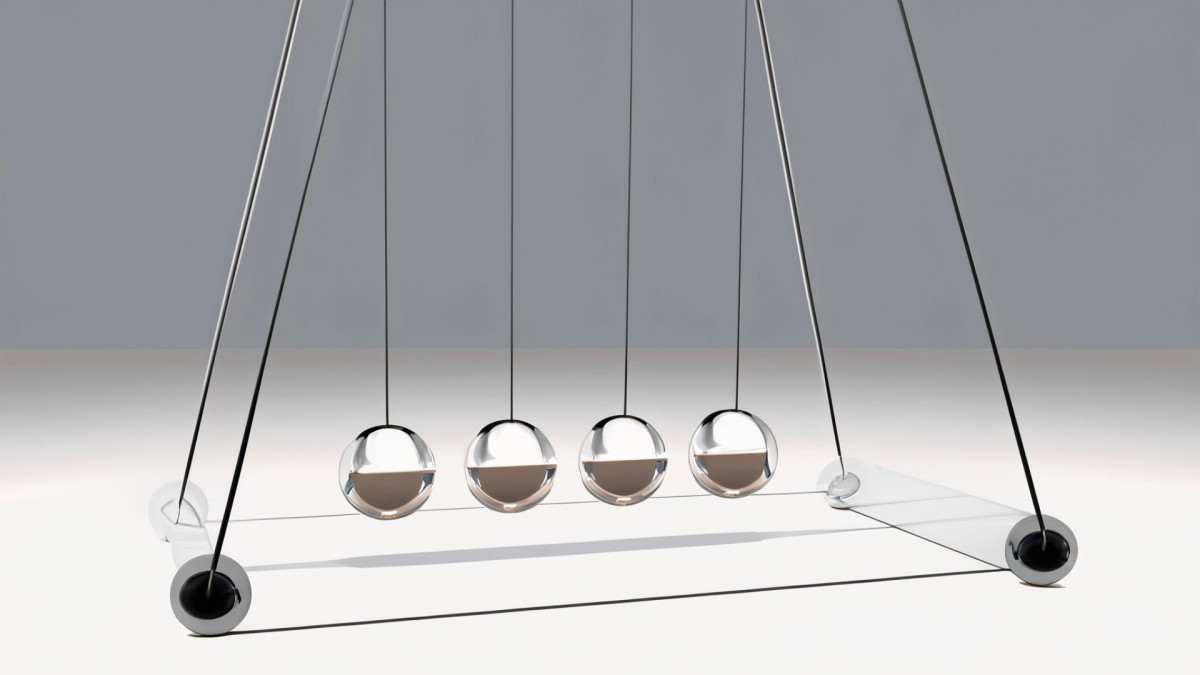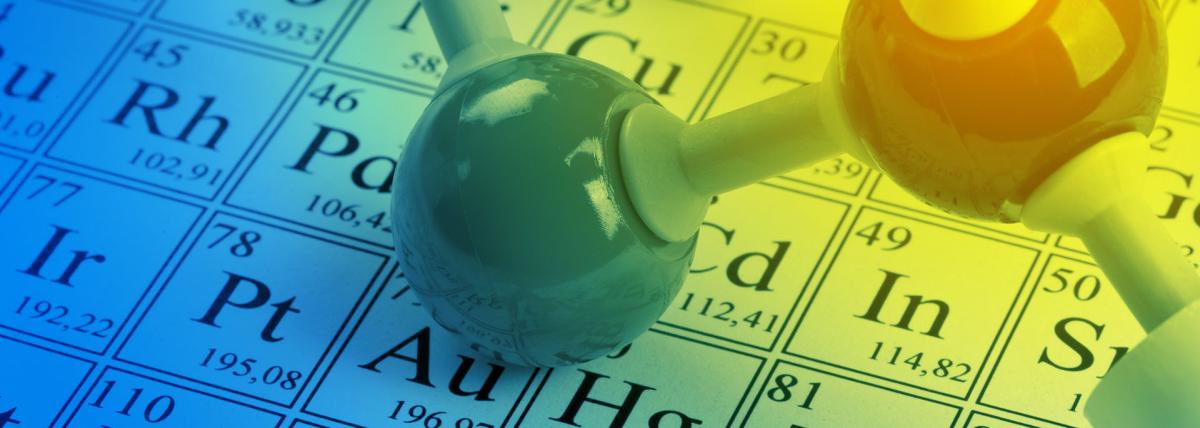
Over the course of the next 15 days, students will have the opportunity to create a sourdough starter using a one of six different flours provided. This lesson focuses on what is a microbe and their

Over the course of the next 15 days, students will have the opportunity to create a sourdough starter using a one of six different flours provided. This lesson focuses on what is a microbe and their

Over the course of the next 15 days, students will have the opportunity to create a sourdough starter using a one of six different flours provided. This lesson focuses on one of the data collection

Over the course of the next 15 days, students will have the opportunity to create a sourdough starter using one of six different flours provided. This lesson is the first of three lessons that takes

In this lesson, students uses a PhET simulation to investigate the types of energy and its conservation. They then perform an actual experiment to prove or disprove their findings from the simulation.

In this lesson, students will build upon their prior knowledge of observational drawing by adding a digital microscope. They will explore, review photos they take, decide on a question to investigate

This lesson plan helps students to use inquiry to develop a lab to test salt vs sugar solutions in how far they will travel through the gel. Inquiry labs are great for those who like to be creative

In this lesson, students will listen to the story "Snow White and the Seven Dwarfs" in order to understand the engineering project. Students will be introduced to the science concept of force and

Students will work on this research project to learn about animal migration. They will research environmental factors that may influence the migration of specific animals and use it to create an

This is the first of two lessons on observational drawing as a means of scientific documentation. Students are provided the opportunity to draw a sunflower three different times (from memory, using a